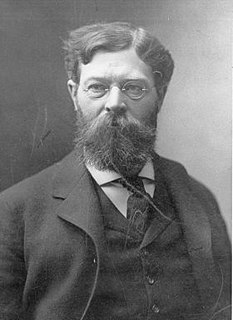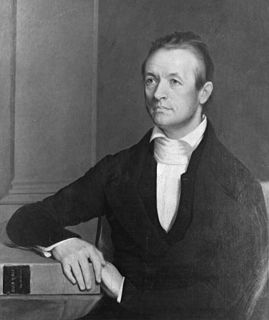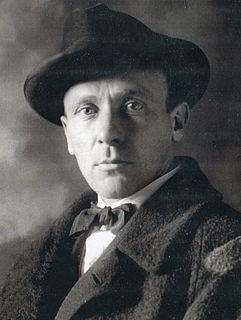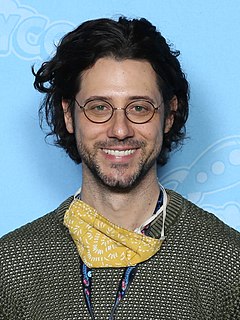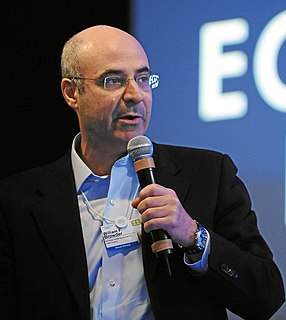A Quote by Lytton Strachey
How far the existence of the Academy has influenced French literature, either for good or for evil, is an extremely dubious question.
Related Quotes
The world we live in is a world of mingled good and evil. Whether it is chiefly good or chiefly bad depends on how we take it. To look at the world in such a way as to emphasize the evil is the art of pessimism. To look at it in such a way as to bring out the good, and throw the evil into the background, is the art of optimism. The facts are the same in either case. It is simply a question of perspective and emphasis.
The question of why evil exists is not a theological question, for it assumes that it is possible to go behind the existence forced upon us as sinners. If we could answer it then we would not be sinners. We could make something else responsible...The theological question does not arise about the origin of evil but about the real overcoming of evil on the Cross; it ask for the forgiveness of guilt, for the reconciliation of the fallen world
I think The Magicians takes these conventional ideas from this Christian literature of good vs. evil and it sort of shakes it up and asks a deeper, darker question about the nature of not just humanity in the face of good vs. evil, but the challenges of everyday life. And I think there's something incredibly timely about that and incredibly relatable to anyone who's growing up. Because we're all growing up. We're all constantly evolving.
Fantasy is a literature particularly useful for embodying and examining the real difference between good and evil. In an America where our reality may seem degraded to posturing patriotism and self-righteous brutality, imaginative literature continues to question what heroism is, to examine the roots of power, and to offer moral alternatives. Imagination is the instrument of ethics. There are many metaphors besides battle, many choices besides war, and most ways of doing good do not, in fact, involve killing anybody. Fanstasy is good at thinking about those other ways.


